I was born and raised during the Depression in a row of apartment buildings behind the University of Chicago where young faculty raised their young. During the day, we children lived in the cobweb of banisters, porches, and staircases that climbed the back of the buildings. We climbed trees, walked fences and held secret club meetings in the basements where coal furnaces rumbled—and where we weren’t supposed to be. The only magic was the occasional visitor to the alley: the coalman, the ragman, the vegetable man who would give you a ride on his horse-drawn wagon, the iceman who wouldn’t. On the other side of the alley were the university chicken coops. We were the only children in Chicago to wake up to the crowing of roosters.
Then, in the evening, the fathers came home, and the din in the airshaft that ran up the center of the building quieted. The alley was where you lived; the dinner table was what you were to become. The chicken coops were there for Research. The campus beyond, where you rode your bike and played hide and seek became the Quadrangles, secluded places for study—not for listening to the echo of your voice. The gothic buildings surrounding Botany Pond, where you found turtles, grew taller by the year, more ominous. On Sundays our parents took us to Rockefeller Chapel and to the carillon in Burton Tower where there is a seal that no one steps on: “Crescat Scientia Vita Excolatur;” “Let Knowledge Grow, Life Will be Enriched.”
I followed the path: walked the aisle of Rockefeller Chapel to receive my degree, married a fellow student who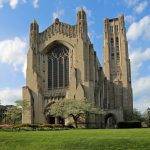 became a professor—though not of the ivory tower sort—and spent the next twenty years raising our daughters in another university town—though I successfully exchanged faculty teas for political work. I enjoyed the flexibility and variety of motherhood, and nothing in my upbringing suggested there should be anything else. When a therapist asked if there was something else I might like to do, I stared at her without comprehension.
became a professor—though not of the ivory tower sort—and spent the next twenty years raising our daughters in another university town—though I successfully exchanged faculty teas for political work. I enjoyed the flexibility and variety of motherhood, and nothing in my upbringing suggested there should be anything else. When a therapist asked if there was something else I might like to do, I stared at her without comprehension.
“Write,” I answered finally, wondering where on earth that had come from. With a presumption I, even to this day, don’t understand, I marched to the university and made an appointment with the professor who headed the Creative Writing room, then realized I had no writing to show him. None. So I sat myself down with a yellow pad, and in an afternoon there came forth full blown a story from my childhood. When I presented it, still handwritten on a yellow tablet, he pronounced me a writer. That was it. An identity I never knew I possessed responded to the certainty of his voice. Many years later, that first essay would win a Hopwood Award, the university’s highest literary honor. Where did it come from? What gave it form? Why did a door closed to me for over thirty years burst open to let that story forth? Why that experience? How could one piece make me a writer?
The story tells of my brother and me, wartime kids tuned by newsreels to the sound of jackboots on silent streets, staring at a squad of soldiers marching back and forth at the gate of the University of Chicago’s abandoned football field—a field we passed to and from school every day. Three years later, the image of the mushroom cloud on the front page of every paper on earth told us we’d watched the birth of the atomic age—the first pulling of the rod that would shape our adult lives. The greatest scientific breakthrough of the century. Hiroshima. The adults around us struggled through shock for a response to that contradiction and in the end proclaimed: “Science searches for Truth. We’re not responsible for the uses men put it to.” But my father’s face was gray.
The story revealed to me the source of my lifelong ambivalence toward academia, and its appearance was magic. Inexplicable. It brought to life a part of me that found no presence in the practical world of everyday life—to say nothing of the ivory tower of my upbringing. But insubstantial as the word “muse” sounds, it has power. It has produced short stories, poems, and seven novels. Over and over it has revealed unexpressed conflicts central to my life. As I read this, fifty years past that day, I see that magical afternoon as the day I came to life in full.
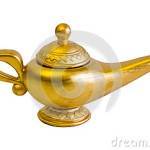
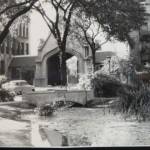
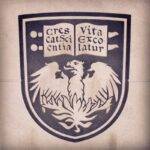
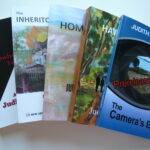

What an amazing essay! Your entry into the literary world was, indeed, magical–an inspiration for all of us.
Thank you, Toni. I love things I can’t explain.